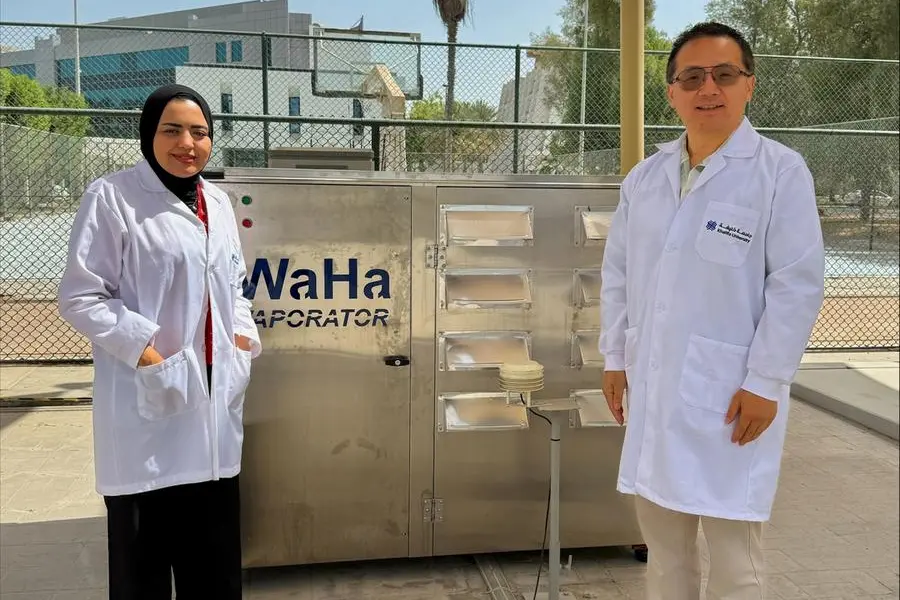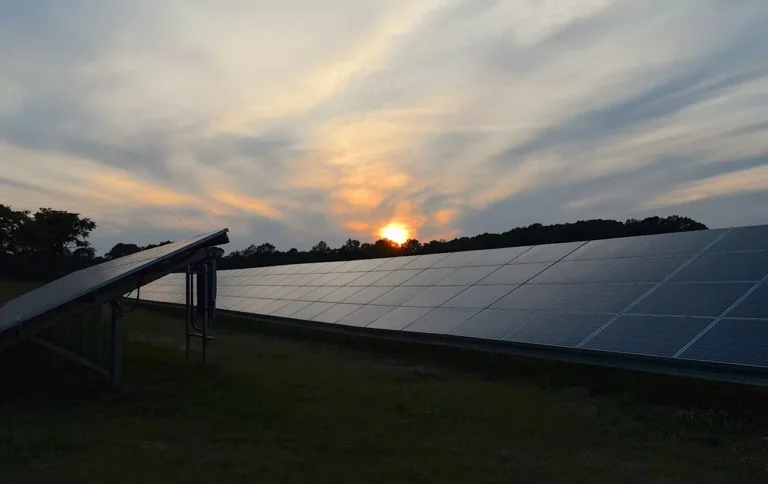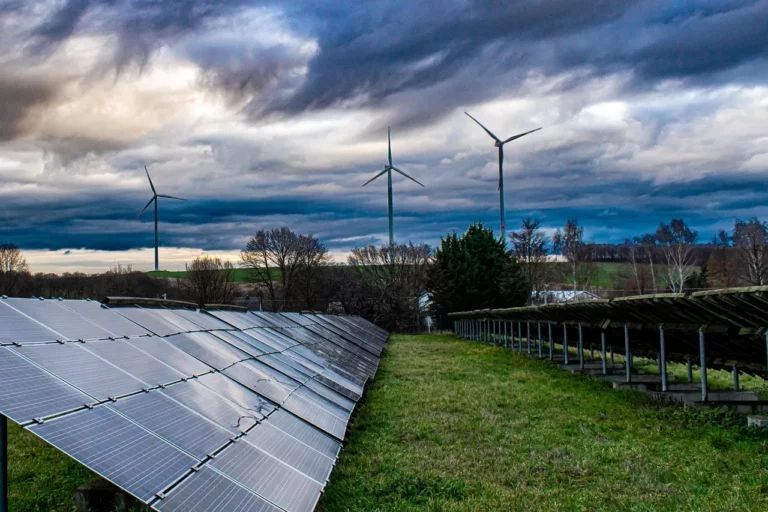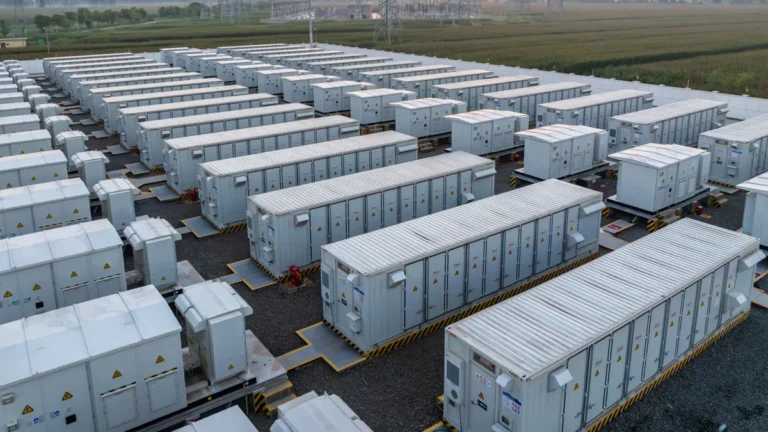
WaHa and Khalifa University Deepen Strategic Collaboration to Advance Atmospheric Water Generation for Middle East Water Security
In a significant move to address the escalating challenges of water scarcity and climate resilience, WaHa, a pioneering climate technology company, has announced an expanded collaboration with Khalifa University of Science and Technology. The strengthened partnership is aimed at further enhancing the energy efficiency and performance of WaHa’s patented atmospheric water generation (AWG) system, the WaHa Vaporator®, to support sustainable water security across the United Arab Emirates (UAE) and the broader Middle East region.
At the heart of the partnership is a shared vision to innovate beyond traditional water supply systems. WaHa’s Vaporator® AWG technology is designed to capture humidity from the air and convert it into potable water, offering a decentralized and energy-efficient alternative to conventional sources such as desalination or groundwater extraction. This aligns with the UAE’s broader sustainability and resilience strategies as the country continues to prepare for a future shaped by climate variability and population growth.
A Critical Need for Innovative Water Solutions
The Middle East is one of the most water-scarce regions in the world, where the demand for clean, accessible water increasingly outpaces available freshwater resources. With rising temperatures, unpredictable rainfall patterns, and increasing urbanization, the urgency to deploy reliable, cost-effective water solutions has never been greater.
“Water scarcity is not a distant threat—it is a present-day challenge for millions across the region,” said Chris Kay, President of WaHa. “The future of water security lies in smart, sustainable, and localized technologies. Our partnership with Khalifa University reflects a shared commitment to solving these pressing problems at scale.”
Advancing the WaHa Vaporator®: Materials Science Meets Climate Tech
Under the expanded partnership, WaHa and Khalifa University will focus on optimizing both the materials used in the Vaporator® system and its overall energy performance. Through advanced materials research and rigorous field testing, the collaboration aims to enhance the system’s ability to deliver consistent water output in even the most challenging climatic conditions.

The WaHa Vaporator® is uniquely positioned in the AWG space thanks to its patented thermodynamic design and integration capabilities with HVAC (heating, ventilation, and air conditioning) systems. This dual functionality allows it not only to extract water from the air but also to integrate with existing infrastructure in buildings and facilities, maximizing energy use efficiency.
The system’s energy efficiency sets a new benchmark in the industry, making it a viable and scalable solution for use in residential, commercial, and governmental settings. The goal of the current phase of research is to take this even further—refining energy recovery mechanisms, reducing operational costs, and improving adaptability to varied environmental conditions.
Strong Foundations: A Partnership Built on Results
The partnership between WaHa and Khalifa University is not new. Since April 2024, the university has been rigorously testing two iterations of the WaHa Vaporator® at its facilities in Abu Dhabi. These real-world trials have yielded impressive results, with the latest version of the system achieving 100% operational uptime and a remarkable 99.9% reliability rating. Moreover, the system has consistently exceeded daily water production targets, outperforming expectations in one of the world’s most demanding climates.
“This collaboration is a significant step in addressing water scarcity challenges in our region,” said Professor Samuel Sheng Mao, a leading figure in the fields of energy and water technology, who serves as Director of the ASPIRE Virtual Research Institute for Sustainable Energy and Professor of Practice in the Department of Mechanical Engineering at Khalifa University.
“By combining our university’s strength in materials science and engineering with WaHa’s visionary technology, we are pushing the boundaries of what is possible in atmospheric water generation. The test results we’ve observed are not only promising—they’re inspiring. We are on the cusp of delivering truly transformative solutions to the world’s most water-stressed communities,” Professor Mao added.
Scaling Impact Across the Middle East
WaHa and Khalifa University are aligned in their ambition to scale the impact of the Vaporator® technology well beyond Abu Dhabi. As energy and water demands grow throughout the Gulf Cooperation Council (GCC) countries and beyond, the need for resilient, decentralized water generation becomes critical—not just for households and businesses, but also for emergency response systems, agriculture, and remote military and industrial operations.
By making AWG more affordable, energy-efficient, and reliable, WaHa aims to enable governments and organizations to reduce dependency on centralized water infrastructure, much of which remains vulnerable to disruption or is increasingly expensive to maintain. In addition, with growing interest in sustainability metrics such as water-positive footprints and net-zero emissions, distributed AWG systems like the Vaporator® represent a timely innovation.
Chris Kay emphasized the broader vision for the technology: “This is about more than just making water. It’s about resilience. It’s about creating systems that are as flexible as the challenges they’re designed to solve. In the Middle East, where the climate is extreme and resources are finite, every drop of water produced with lower energy input is a victory. We are excited to deepen this collaboration and bring water security to the forefront of climate action.”
Research, Innovation, and Education
Beyond the technology itself, the partnership includes a strong educational and research component. Graduate students, post-doctoral researchers, and faculty members at Khalifa University are actively contributing to the evolution of the WaHa Vaporator® system, gaining hands-on experience in a field poised for massive growth.
By involving academia at every stage—from theoretical modeling to practical testing—WaHa and Khalifa University are cultivating the next generation of scientists, engineers, and sustainability leaders. This reinforces the UAE’s position as a regional hub for clean technology innovation and knowledge development.
“This kind of industry-academia partnership is exactly what is needed to foster long-term innovation,” said Professor Mao. “We are not only solving today’s problems—we’re training tomorrow’s problem solvers.”
With the next generation of the WaHa Vaporator® poised for further deployment, both WaHa and Khalifa University are preparing for expanded testing and eventual commercial scaling across the region. Plans are underway to deploy additional systems in new test sites across the UAE and potentially in neighboring countries facing similar climate and water security challenges.
As WaHa continues to refine its product offerings and expand its network of stakeholders, the collaboration with Khalifa University will remain a cornerstone of its innovation strategy. Together, the two entities are demonstrating how cutting-edge research, engineering ingenuity, and a deep sense of mission can combine to address one of the 21st century’s most urgent humanitarian and environmental issues.
For the people of the UAE and the wider Middle East, this partnership signals a hopeful future—one where technology and collaboration make clean, reliable water not a luxury, but a given.







